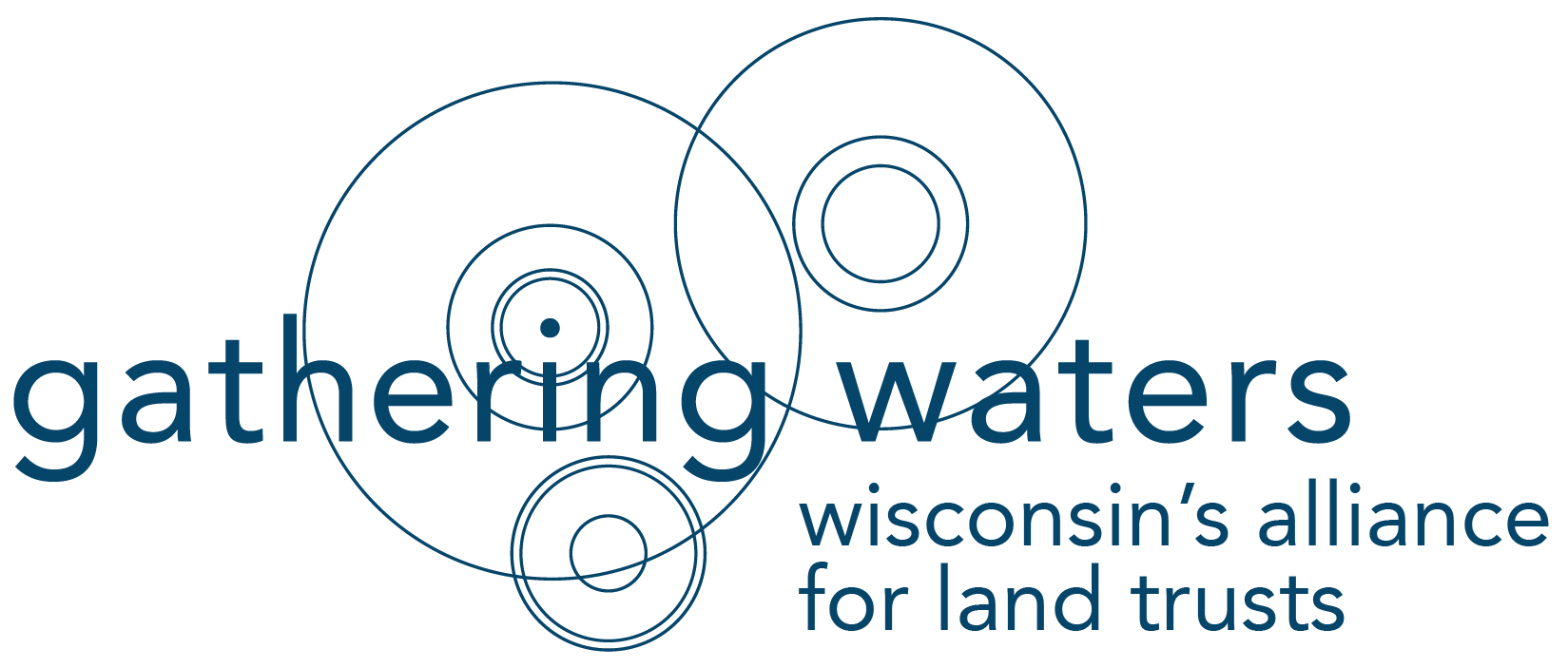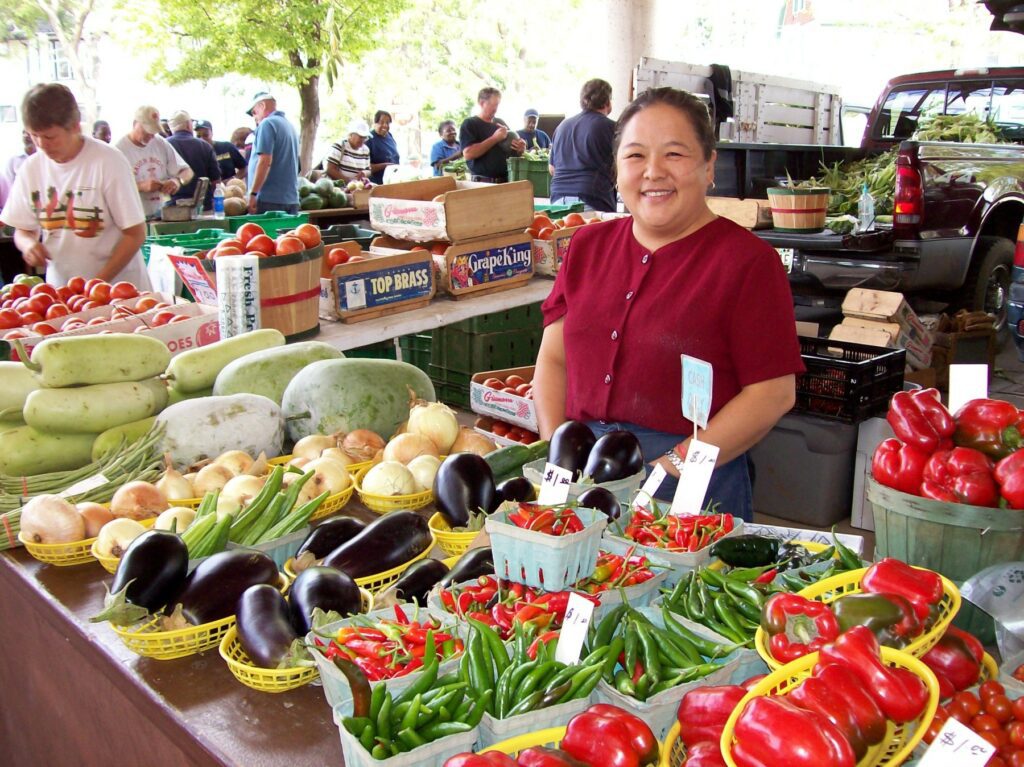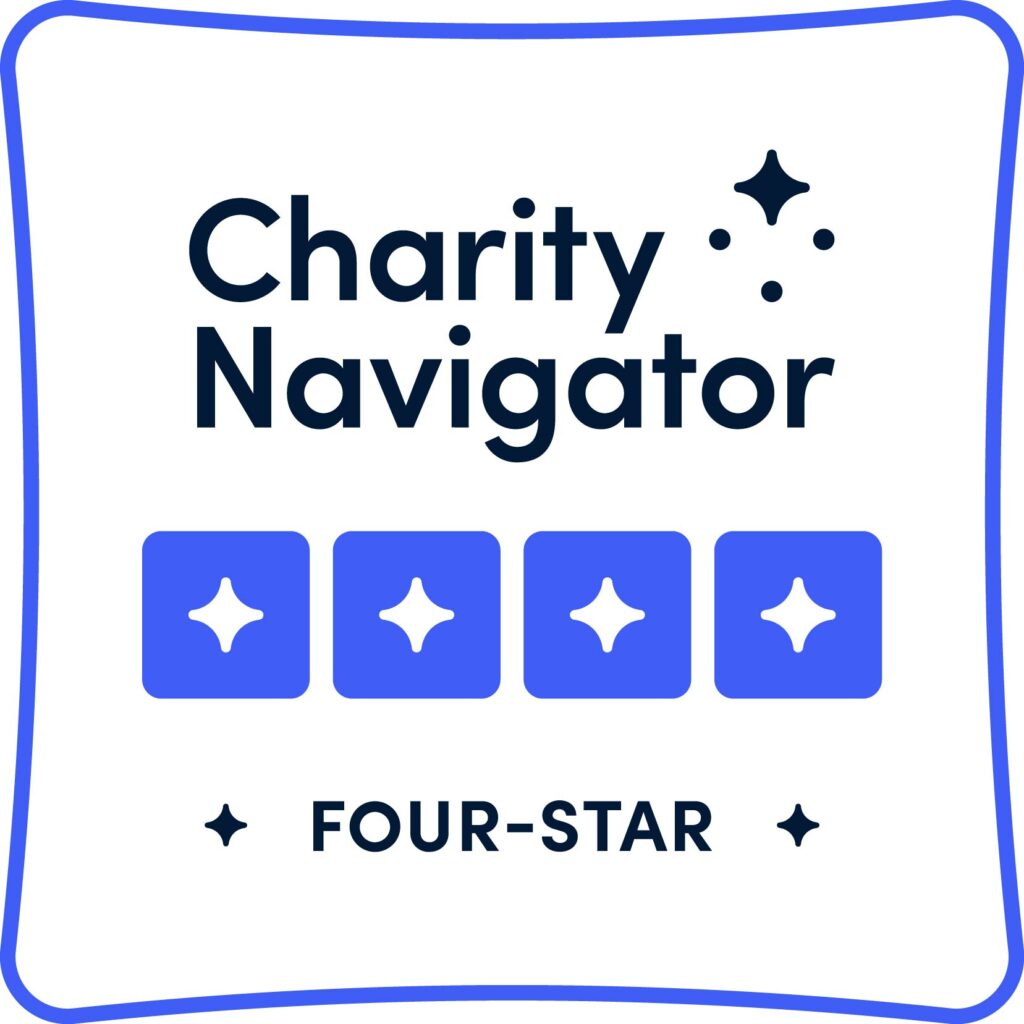The recipient of Wisconsin’s 2020 Rod Nilsestuen Award for Working Lands Preservation is not a person, but a partnership: Making Allies for Healthier Communities. The award presentation was delayed due to the coronavirus pandemic, so the partnership received their award at Ozaukee Washington Land Trust’s Pairings on the Preserves event on September 25, 2021.
With so many family farms struggling and having to sell their operations, Wisconsin is losing productive farmland. Farms lost near urban centers often mean there’s less fresh food available at local markets. This trend was the catalyst behind the formation of a new partnership.
Based in southeast Wisconsin, Making Allies for Healthier Communities was created to protect farmland and provide a livelihood and the opportunity for land ownership for immigrant or beginning farmers. By protecting farmland near the urban center of Milwaukee, farmers will be able to continue to grow fruits and vegetables and sell them at farmers markets in Milwaukee’s underserved communities. Using sustainable farming practices, the farmers build healthy soils and help improve the water quality in the Milwaukee River watershed and Lake Michigan.
This effort closely aligns with the criteria for the Rod Nilsestuen Award for Working Lands Preservation, which acknowledges an individual or an organization that shows a commitment to the preservation of Wisconsin’s working lands.
Three years ago, the Land Trust Alliance challenged its members to address the most pressing needs in their communities. That call to action was part of what led to Making Allies for Healthier Communities. The partnership had three primary goals: protect farmland, protect water quality, and help low-income farmers gain access to farmland near Milwaukee. Each partner brought their areas of expertise to the partnership to get the job done.
Ozaukee Washington Land Trust (OWLT) assumed the responsibility of purchasing 60 acres of farmland with prime soils and is currently working to recondition the farm for resale to farmer. OWLT will continue to be involved with the property via a conservation easement that will permanently protect the farmland in its working state.
The Fondy Food Center, a nonprofit organization with deep relationships with immigrant farmers in Milwaukee’s diverse, underserved northwest side, was invited into the partnership to give urban farmers affordable access to farmland. The organization had watched farmers leave their stands in the market because they couldn’t afford to rent or own land. The food center’s ability to act as a distribution center also ensured success.
Two other partners, the Milwaukee Metropolitan Sewerage District (MMSD) and The Conservation Fund, were key to facilitating land acquisition, water-quality management, and the development of healthy soils through the Greenseams® and Working Soils® Programs. Together, MMSD and The Conservation Fund established the best sustainable farming practices to improve soil health, improve water quality, and reduce flooding and runoff in the Milwaukee River watershed.
With grant funding secured from MMSD and the U.S. Department of Agriculture through the Natural Resources Conservation Service’s Regional Conservation Partnership Program, Making Allies went to work.
The funding allowed Making Allies for Healthier Communities to offer socially disadvantaged farmers the opportunity to own prime farmland acreage at less than half the cost. Since many of these farmers were from immigrant families, land ownership was not an opportunity they had had in the past.
 By permanently protecting farmland near urban centers, Making Allies helps families make long-term investments that build intergenerational wealth and secure brighter futures for their children.
By permanently protecting farmland near urban centers, Making Allies helps families make long-term investments that build intergenerational wealth and secure brighter futures for their children.
“Making Allies for Healthier Communities’ pilot program was a great success,” said Mike Carlson, Executive Director of Gathering Waters. “The partnership permanently protected farmland and made ownership available to immigrant and beginning farmers. They helped these farmers grow their produce using environmentally friendly farming practices that build healthy soils and improve water quality in the surrounding area. The partnership supplied a crucial channel to distribute farm-fresh foods to people living in underserved areas. The pilot program was a win for the farmers, the community, and Wisconsin’s land and water, which is important to everyone.”



